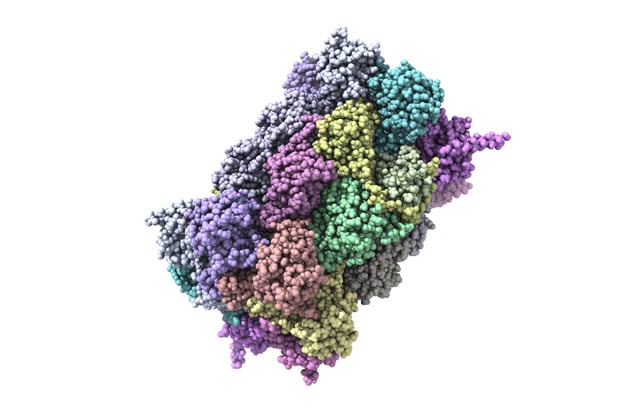Overview
- Johns Hopkins researchers compared hippocampal proteomes of 17 two-year-old rats and identified over 200 proteins that misfold exclusively in cognitively impaired subjects.
- The misfolded proteins evade cellular quality-control systems despite not forming classical amyloid aggregates.
- Analysis covered more than 2,500 protein types, distinguishing general age-related misfolding from impairment-specific structural changes.
- Results challenge the longstanding amyloid-centric view of Alzheimer’s by revealing a broader network of proteopathies beyond amyloid-β and tau.
- The team plans high-resolution microscopy to characterize these proteins’ molecular deformities and assess their diagnostic and therapeutic potential.
